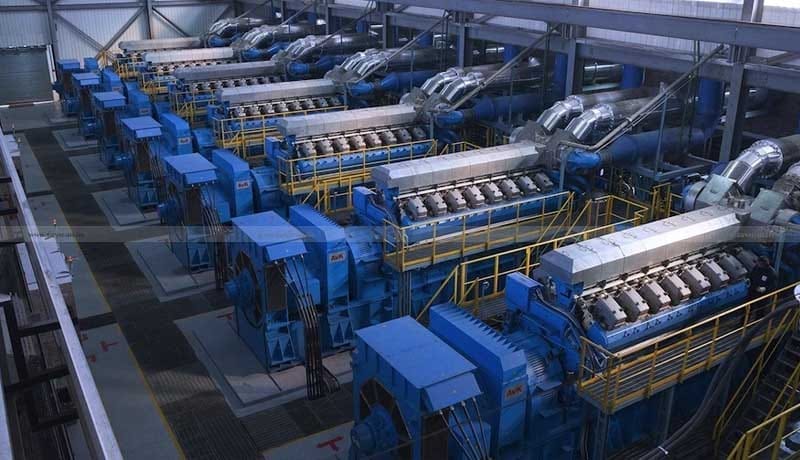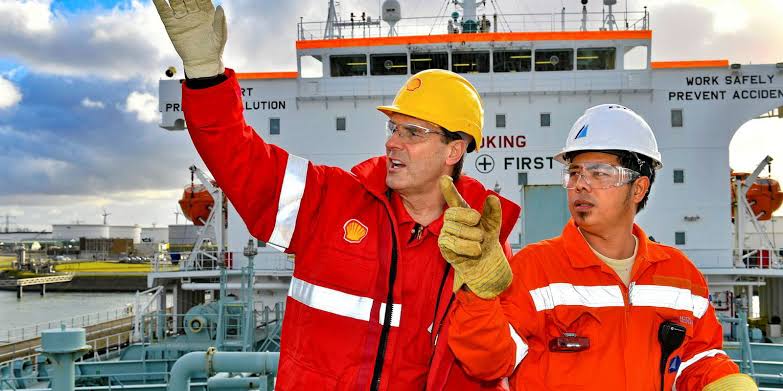The maritime industry is embracing automation to improve safety and efficiency at sea. From autonomous ships to smart ports, marine automation is revolutionizing the way we transport goods and travel. In this blog, we'll explore the impact of automation on the maritime industry, the rise of AI, and key considerations for successful implementation.
The Benefits of Marine Automation
Marine automation offers benefits such as increased safety, reduced costs, and improved efficiency. With automation, ships can operate with greater accuracy and reliability, reducing the risk of accidents and downtime. Automation also reduces the workload of crew members, allowing them to focus on more value-added tasks.
The Impact of Automation on the Maritime Industry
Automation has a significant impact on the maritime industry, improving safety, efficiency, and profitability. With automation, ships can operate more accurately and with less downtime, leading to increased competitiveness. Automation also reduces the workload of crew members, freeing them up for more valuable tasks.
The Rise of AI in Marine Automation
AI is playing an important role in marine automation, enabling the creation of smart ships and ports. AI optimizes shipping routes, reduces fuel consumption, and improves safety and security. AI also analyzes data in real-time, providing insights to drive innovation and improve processes. The maritime industry is poised for growth and success with AI.
Improving Safety with Marine Automation
Automation improves safety by reducing the risk of accidents and downtime. Automated systems can perform tasks accurately and quickly, reducing the workload of crew members. Automation also improves safety by providing real-time data and insights, enabling crew members to make informed decisions.
The Future of Jobs in a Marine Automated Landscape
As automation becomes more widespread in the maritime industry, the workforce is also undergoing change. Automation is creating new job opportunities while changing existing jobs. It's important for workers to stay up-to-date with technology and skills to remain competitive. Employers also have a role in helping workers adapt through training and development programs.
Key Considerations for Successful Marine Automation Implementation
Implementing marine automation has challenges such as choosing the right solutions and integrating new systems. It's important to understand the goals and objectives of the automation project and to involve all stakeholders in the decision-making process. Collaboration with ship owners, suppliers, and customers can help ensure successful implementation.
In conclusion, marine automation is transforming the way we transport goods and travel at sea. By understanding the latest technology and best practices, the maritime industry can fully realize the benefits of automation and continue to innovate.



No comments:
Post a Comment